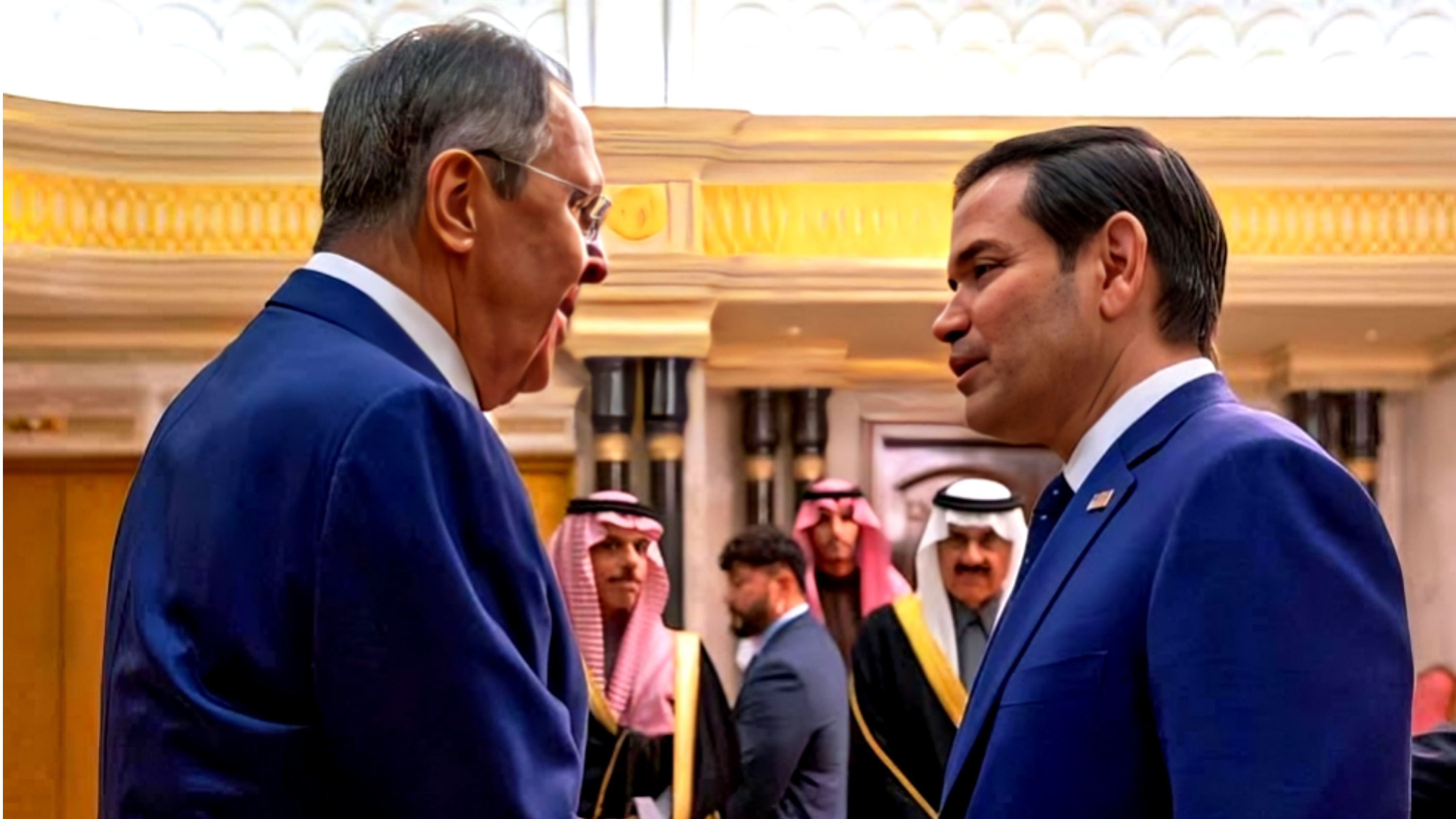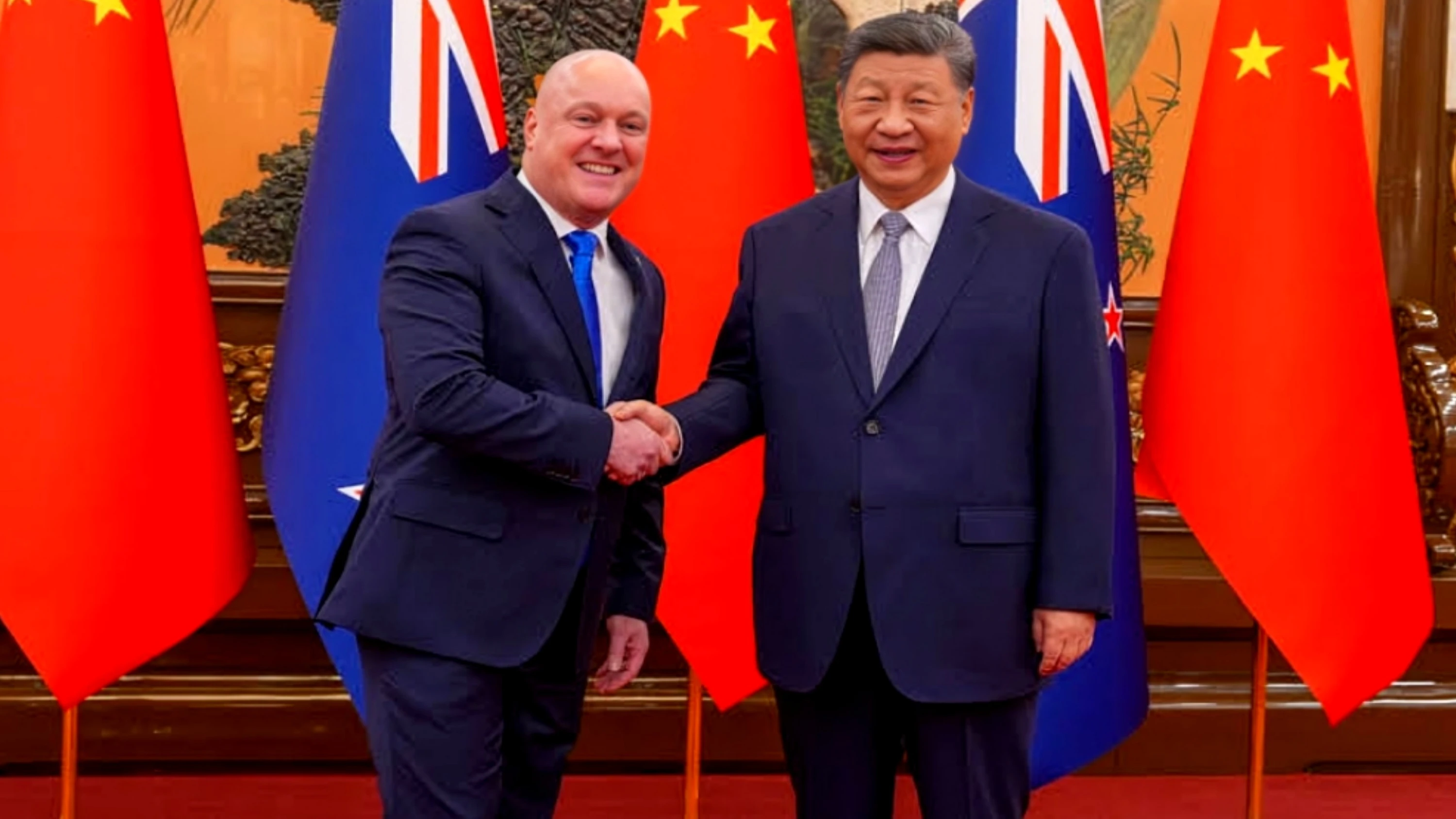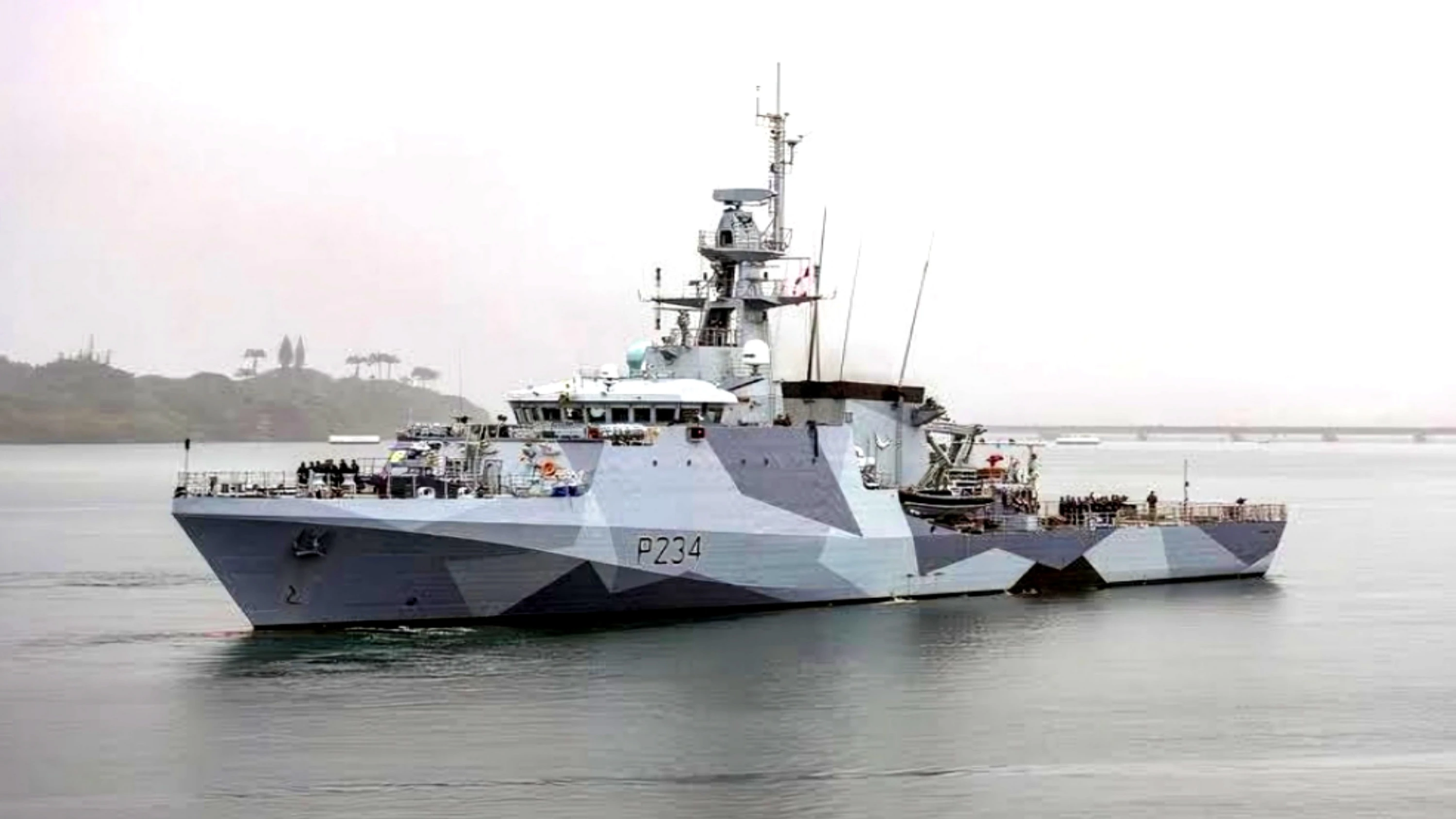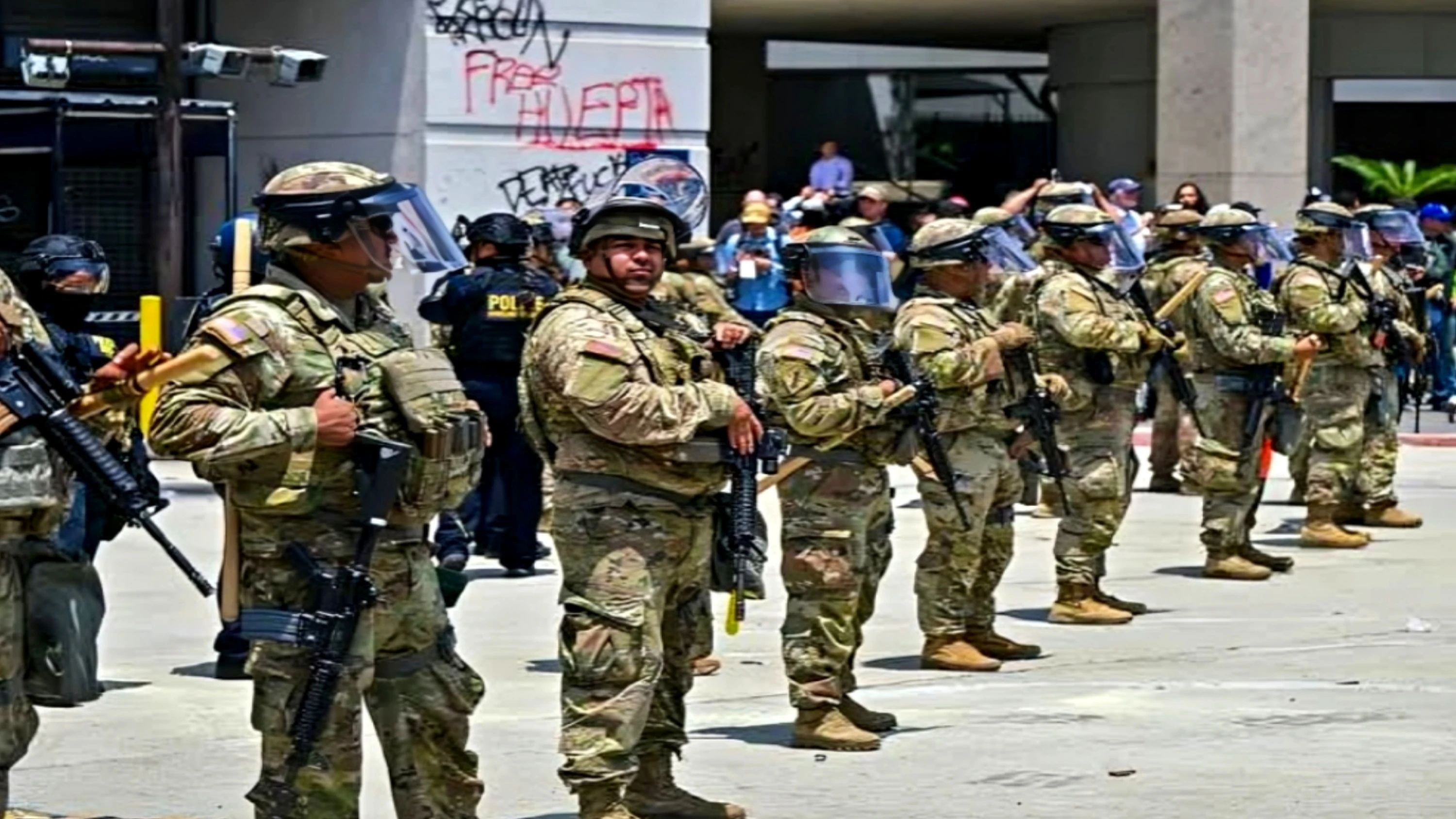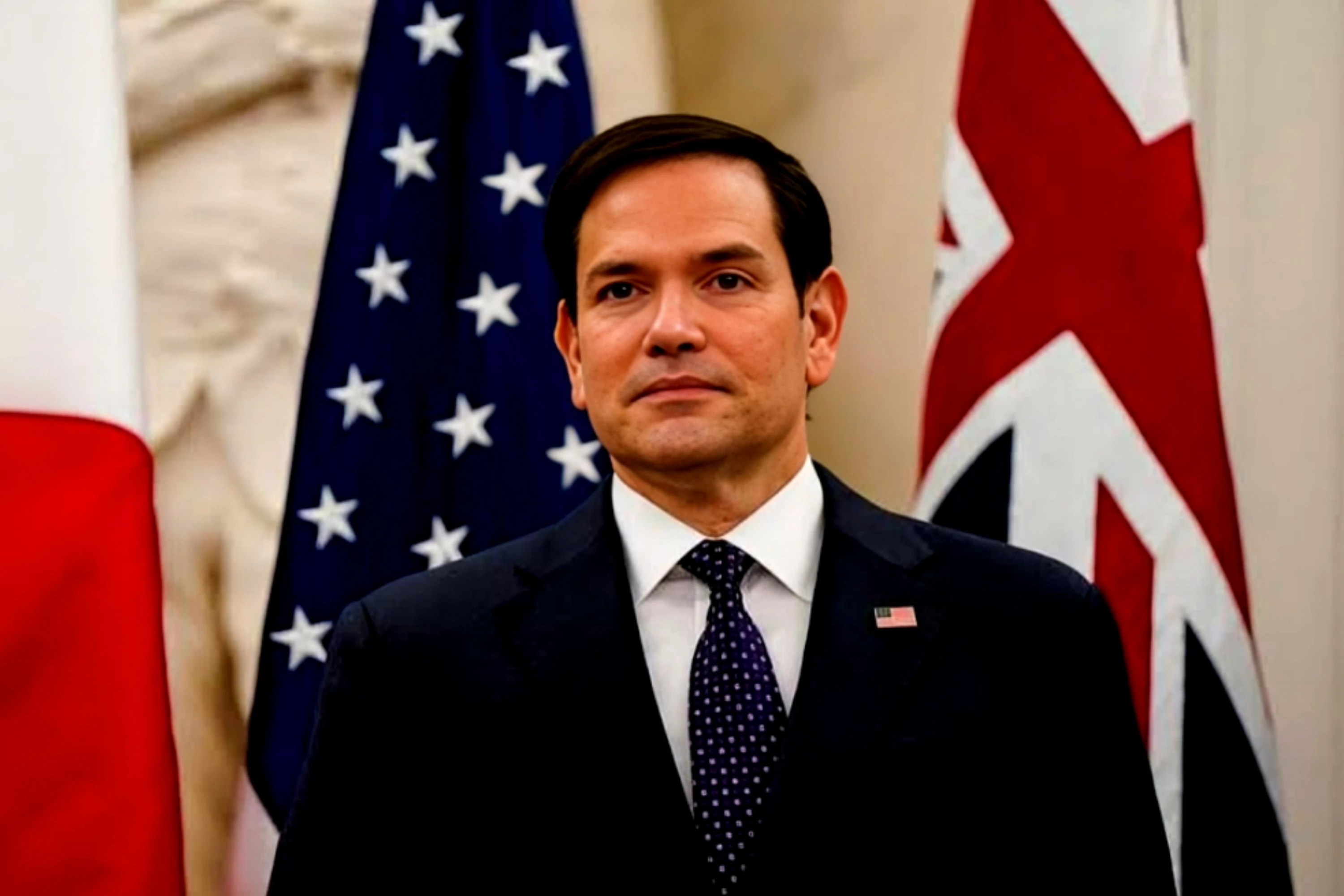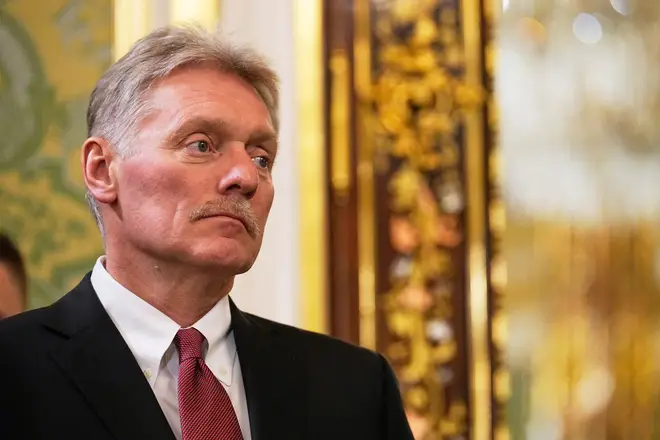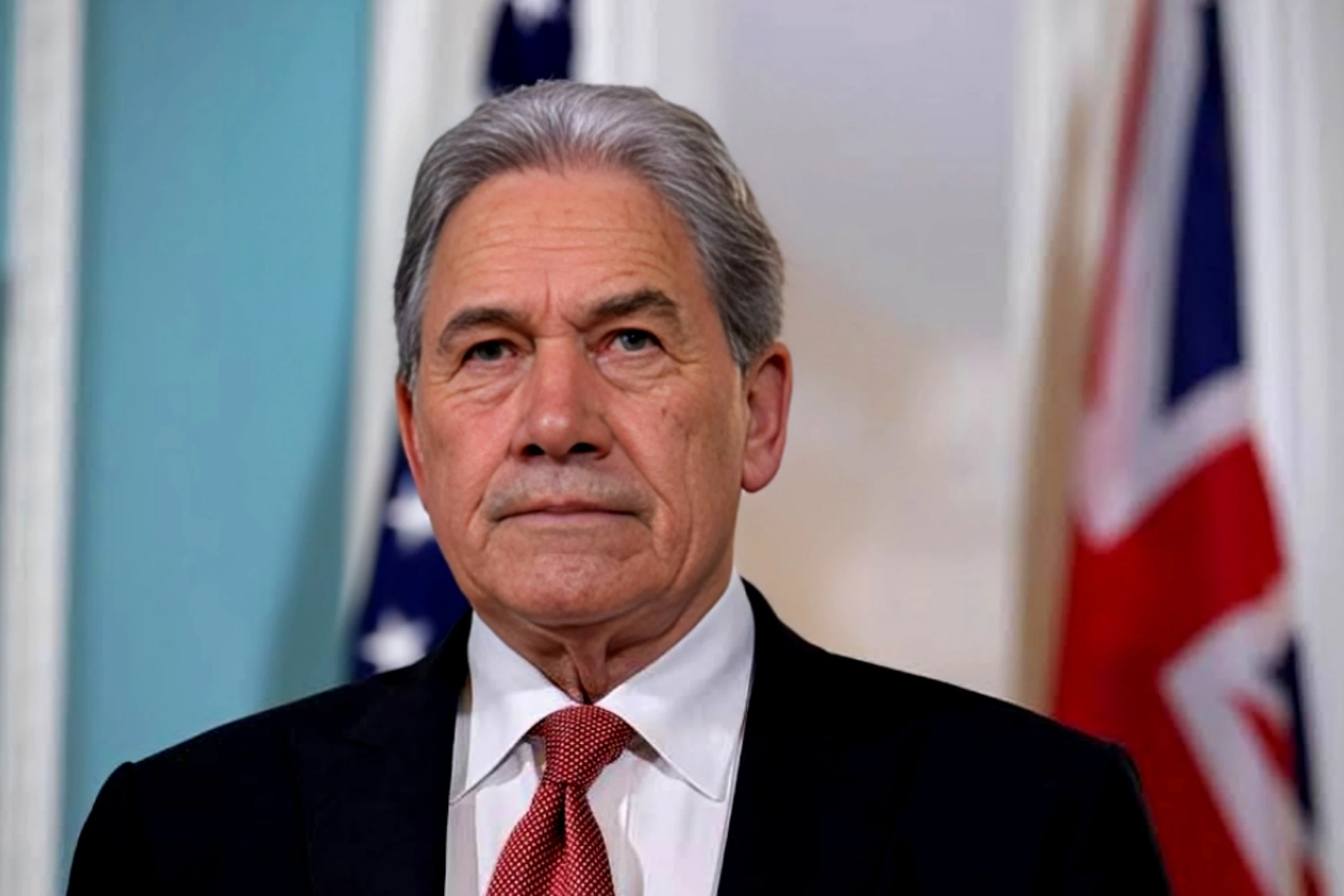Moscow: The top diplomats from the United States and Russia held talks on Saturday regarding potential steps to end the ongoing war in Ukraine. This discussion followed a commitment by Kyiv’s allies to intensify pressure on Moscow.
Despite recent strains between U.S. President Donald Trump and Ukrainian President Volodymyr Zelensky, Ukraine has tentatively agreed to a U.S.-mediated proposal for a 30-day ceasefire, provided Russia halts its military actions in the east. However, Russian President Vladimir Putin has not accepted the deal, instead setting conditions that go beyond the U.S. proposal.
Amidst Russia’s growing military gains in various regions of Ukraine, U.S. Secretary of State Marco Rubio and Russian Foreign Minister Sergei Lavrov spoke on Saturday about the "next steps" in negotiations, according to State Department spokeswoman Tammy Bruce. Since returning to office in January, Trump has prioritized ending the three-year conflict, strengthening his relationship with Putin in the process.
The statement did not specify when the next round of peace talks, to be hosted by Saudi Arabia, would take place. However, Rubio and Lavrov agreed to continue diplomatic efforts to restore dialogue between Washington and Moscow.
Earlier in the day, British Prime Minister Keir Starmer hosted a virtual summit with leaders from 26 nations, emphasizing the need to reinforce Ukraine, support any ceasefire, and maintain pressure on Russia. He urged Putin to engage in negotiations, accusing Moscow of using delaying tactics.
Meanwhile, military officials from 30 countries convened in Paris on March 11 to discuss a possible peacekeeping force for Ukraine. A follow-up meeting is set for Thursday in the UK. French President Emmanuel Macron urged collective action to push Russia toward accepting a ceasefire, warning that if Moscow remains uncooperative, Trump could escalate sanctions, altering the course of the conflict.
European Commission President Ursula von der Leyen echoed the sentiment, insisting that Russia must demonstrate a genuine commitment to a "just and lasting peace."
However, Zelensky remains cautious, warning that Russia seeks to strengthen its battlefield position before agreeing to any ceasefire. Both Starmer and Macron have expressed willingness to deploy British and French troops to Ukraine, though it remains unclear whether other nations will follow suit. Russia has rejected the notion of foreign peacekeepers, but Macron asserted that Ukraine has the right to request allied forces without Moscow's approval.
Trump has also appointed Keith Kellogg as a special envoy to Ukraine. Kellogg, a former national security adviser, had previously been involved in both Ukraine and Russia affairs but was left out of recent Saudi-hosted peace discussions due to concerns from Moscow about his perceived pro-Ukraine stance.
Meanwhile, hostilities continue, with Russia regaining territory in the Kursk border region. Ukrainian drone strikes injured three civilians in Russia’s Belgorod region, while Ukrainian authorities reported damage to buildings following attacks in Chernihiv.


